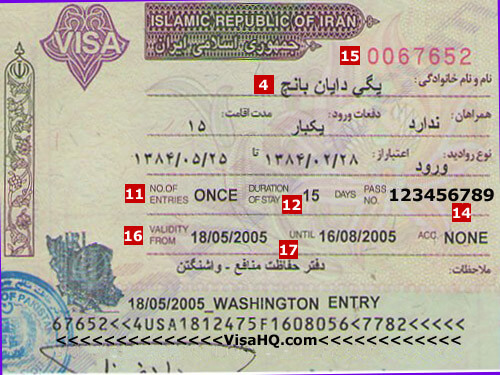Iran Embassy list in South Sudan
Need help?Chat with us
Why Trip Registration at the Iran, Islamic Republic of Embassy is Important
Registering your trip with the Iran, Islamic Republic embassy is a crucial safety measure for travelers. In the event of natural disasters, such as floods or earthquakes, the embassy is better positioned to provide timely assistance and information about safe evacuation routes. Additionally, during political unrest or protests, registered travelers can receive alerts and updates to ensure their safety. Communication during emergencies is vital; if travelers experience medical emergencies, the embassy can coordinate with local healthcare facilities and ensure that necessary help is rendered. Overall, trip registration enhances the embassy’s ability to offer support, verify the well-being of its nationals, and facilitate effective responses during crises.
Iran, Islamic Republic Embassy FAQs
Can the Iran, Islamic Republic embassy assist in legal issues abroad? Yes, the embassy can provide information and guidance regarding legal issues, including access to local lawyers and legal resources.
What should I do if I lose my Iran, Islamic Republic passport in South Sudan? If you lose your passport, immediately report it to the local authorities and contact the embassy for assistance in obtaining a replacement.
Does the embassy provide assistance for travelers facing medical emergencies? Yes, the embassy can help coordinate medical care and connect travelers with local healthcare providers in case of a medical emergency.
Can the Iran, Islamic Republic embassy help in case of detention abroad? Yes, the embassy offers support for nationals who are detained, including legal assistance and communication with family members.
What services does the embassy provide for family members of citizens abroad? The embassy can assist families with information regarding their loved ones and provide resources for communication and support.
Services Provided by Iran, Islamic Republic of Embassies in South Sudan
Passport Services
- Issuance of new passports
- Renewal of passports
- Lost passport replacement
Visa Issuance for Foreign Nationals
- Issuing visas for foreign visitors to Iran
Assistance in Legal or Medical Emergencies
- Guidance on legal issues
- Coordination with healthcare facilities
Travel Alerts and Safety Updates
- Providing up-to-date travel alerts
- Safety information during crises
Support for Nationals Detained Abroad
- Assistance for nationals in legal trouble
- Communication support with family members
Summarized Diplomatic Presence
The Iran, Islamic Republic maintains a diplomatic presence in South Sudan primarily through its embassy located in Juba, the capital. The embassy’s primary functions include fostering bilateral relations, providing consular services to Iranian citizens, and supporting trade and cultural exchanges between the two nations. This diplomatic representation plays a significant role in enhancing cooperation on economic, social, and political fronts, facilitating communication, and promoting mutual interests between Iran and South Sudan.
